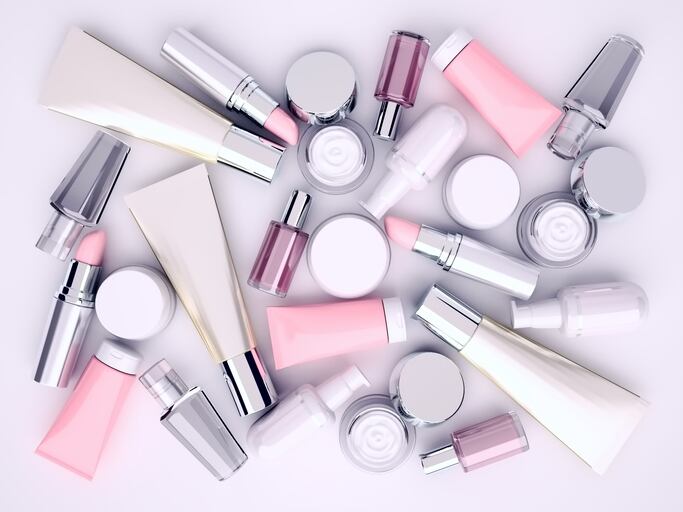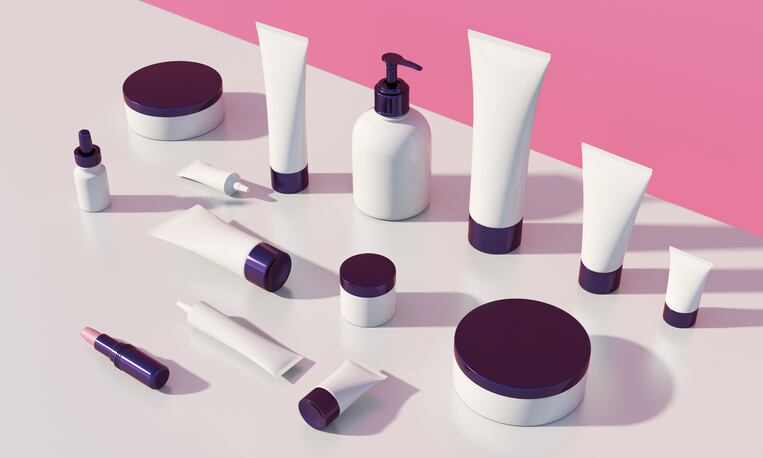In January 2019, the European Chemicals Agency (ECHA) filed a proposal to restrict microplastics used in products on the EU/EEA market in concentrations of more than 0.01% weight by weight. More recently, in June this year, the proposal was backed by an opinion from ECHA’s Committee for Risk Assessment (RAC) and a draft opinion from its Committee for Socio-economic Analysis (SEAC).
A 60-day public consultation period then began, offering up time for industry and the public to comment on the proposal. This consultation window closed on September 1; edging industry one step closer to the final REACH restriction on microplastics, anticipated to come into force early 2022.
EC and Member States now scrutinising opinions and consultation dossiers
The European Commission (EC) and all EU Member States would now scrutinise ECHA’s proposal and Committee backings, along with all dossiers gathered during the 60-day public consultation process, before adopting a legal text outlining final restrictions.
“For such a high-profile topic, they’ve had a very large consultation response,” said John Chave, director-general of industry association Cosmetics Europe, that submitted a large public dossier outlining its opinions on the proposal.
Chave previously told CosmeticsDesign-Europe that the microplastics restriction in its current form was “extremely disproportionate”, with cosmetics set to bear 79% of reformulation costs despite contributing just 2% of microplastics, and that the best-case and worst-case scenarios for industry were already very clear.
So, where did Cosmetics Europe stand now and what exactly had it put forward in its dossier?
Chave said there had been three key elements to Cosmetics Europe’s submission.
1. Derogation for makeup, lip and nail products because of consumer habits
The first aspect Cosmetics Europe had focused on was putting forward the suggestion that makeup, lip and nail products should see a derogation from the restriction, he said.
“For makeup, lip and nail care, we’ve submitted evidence because most consumers wipe off these products. And because they dispose of wipes, in most cases in the normal trash, then the amount of relevant materials which get near the aquatic environment is extremely small and you could probably reduce that or eliminate that with better consumer information.”
Cosmetics Europe had already started to explore how industry could best inform consumers about the disposal of wipes or cotton containing residues of makeup, lip and nail products, from additional on-pack labelling to educational campaigns.
2. Extended transition period to reformulate highly complex formulations
“Secondly, we make the case for longer transition periods on the basis that what ECHA is proposing would require thousands of reformulations simultaneously within six years. ECHA underestimates the amount of time it takes to reformulate products,” Chave said.
Many leave-on products had highly complex formulations, he said – “you can’t just take a polymer and slot in another one”. In addition to this, and “one of the big points of contention between us and ECHA”, he said, was that the agency had taken the view that alternatives were available, without scrutinising them for efficacy, functionality, suitability, environmental impact, or availability at mass scale in Europe.
Whilst he said work on alternatives was “certainly underway”, and very much welcomed by industry, there had to be certainty that these alternatives could meet the complex technical requirements of specific formulations and were also environmentally safe.
“Regrettable substitution – where you move out an ingredient because it’s been affected by a regulation and unintentionally replaced with an ingredient that has an effect that is not positive – is something we do not want. Whilst we welcome suppliers working to develop alternatives, I don’t think there are necessarily easy solutions for all the needs that we have.”
3. Acknowledgement of the true value and importance of European cosmetics
The last issue Cosmetics Europe had with the proposed restriction, Chave said, was that industry felt ECHA lacked understanding on the competitive nature of the European cosmetics market and its wider value, for the economy and consumers alike.
“Companies are always trying to create products that appeal to an increasingly diverse demographic in our society and agile and changing demands of our consumers. And industry is very good at this; it’s very dynamic and that’s why it’s successful,” he said.
“But ECHA seems to think you can radically reduce the amount of ingredients and formulations available – radically reduce the choice that is on offer to consumers and reduce the particular effects that leave-on products have which pleases consumers – and still have the exact same industry that is internationally competitive. And we think that is a very restricted and narrow view of our industry.”
In particular, Cosmetics Europe had taken issue with any claim that the cosmetics industry “doesn’t really matter to people or contribute to their lives”, he said, because it was clear cosmetics, beauty and personal care products did make a difference to people. “I’m not just talking about sunscreen for UV rays; it’s about confidence, wellbeing, quality of life, and as we’ve seen with COVID-19, hygiene,” Chave said.
“You shouldn’t underestimate the impact of severely reducing the availability of products on the market, which potentially may happen as a result of this restriction, and, in this case, for very little environmental gain.
“…We’re not against the restriction, of course we understand people are concerned about microplastics, but let’s do it in a way that is measured and proportionate,” he said.
So, could all this be heard and acknowledged in the final microplastics restriction?
Chave said there was “a chance” that the EC might consider some of the arguments and data put forward in the vast array of dossiers filed during the public consultation process, including that of Cosmetics Europe.
“We still hope that our arguments will prevail. The European Commission has to adopt a legal text on the basis of ECHA’s recommendations; Member States will have the opportunity to put forward their point of view; and SEAC will have to react to the consultation process because their opinion is only a draft opinion,” he said.
Cosmetics Europe hoped the outcome and final REACH restriction would be “more reasonable”, of course addressing the environmental problem but also minimising damage to the cosmetics industry and any effects on consumers in terms of choice, quality and function.




